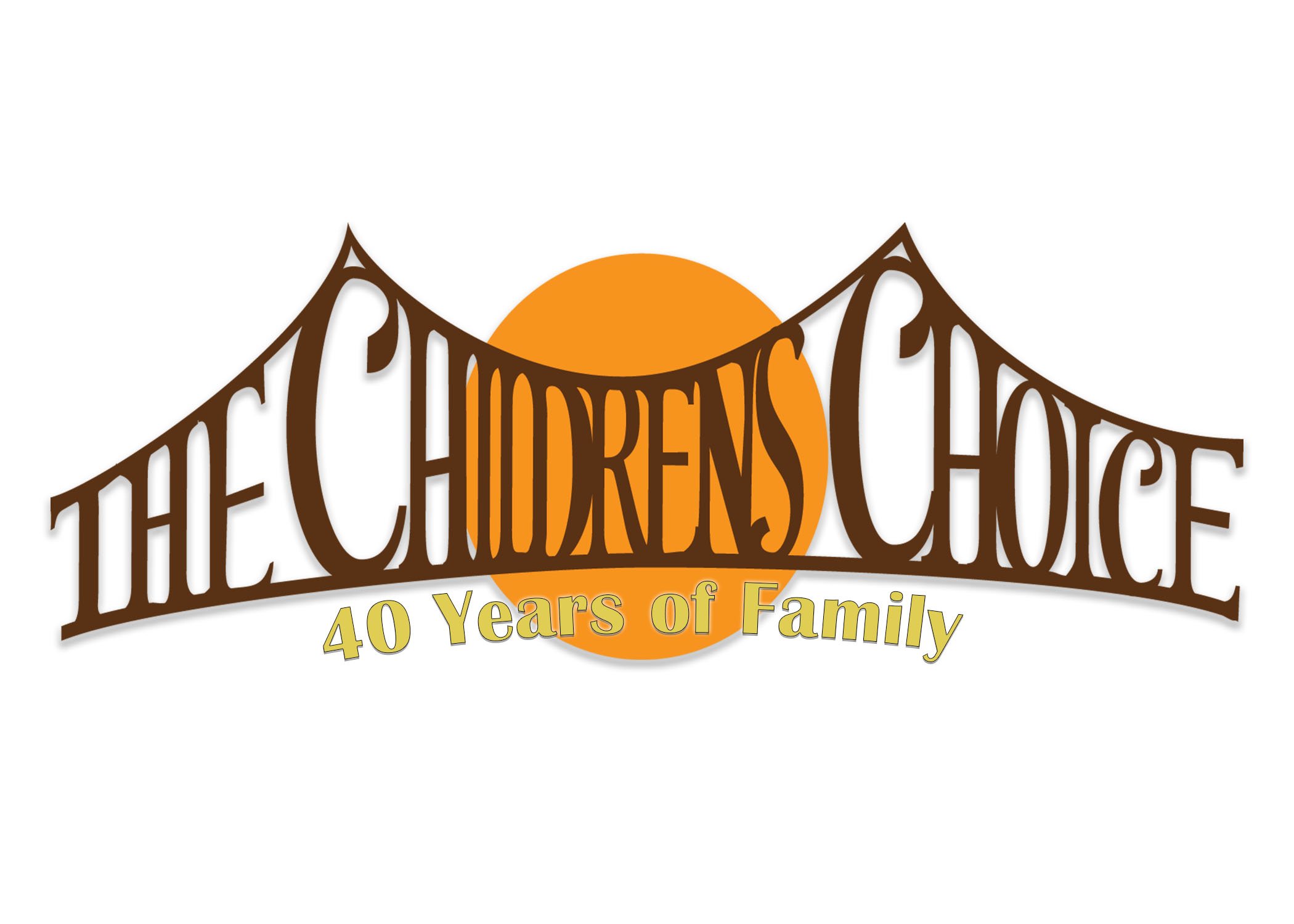Kinship Care
Kinship care is very similar to foster care. The key difference is that kinship care involves a foster child being placed with a family member or family friend rather than a stranger. Research has shown that children have fewer behavioral challenges in kinship settings(1,2).
In a foster care arrangement, a child is removed from a dangerous or neglectful situation and placed in the care of a home and family that have been extensively trained and licensed by the State and county in which they reside. In a kinship setting, a child is placed in a home with a family that may have little or no training, and is only temporarily approved for the care of a child. As soon as the child is placed, a government licensing agency works with the kinship family to ensure that the home is safe for the child, and that the family is able to meet the child's needs.
Once a kinship family is fully licensed, they have the option of receiving reimbursement from the state for the expenses that they incur in caring for a child.
It certainly makes sense that a child would do better in a family that he is connected with, rather than a family he has never met before. However, a different set of challenges might arise in a kinship setting that a foster family might not have to experience. For example, a kinship family may have a more difficult time communicating with a child's birth parent if they are a relative, or a friend. Boundaries may be blurred, or overstepped, due to the close connection. These are obstacles that can be addressed with training and preparation.
If you have been identified as a kinship resource for a child that you are connected with, please feel free to call or email us and discuss any questions you may have.
References
(1) "Kinship Care More Beneficial Than Foster Care, Study Finds." Sciencedaily.com http://www.sciencedaily.com/releases/2008/06/080602112351.htm. June 4, 2008.
(2) Winokur, Crawford, Longobardi, Valentine. "Matched Comparison of Children in Kinship Care and Foster Care on Child Welfare Outcome." Families in Society: The Journal of Contemporary Human Services. 01/2008; 89(3). http://alliance1.org/fis

